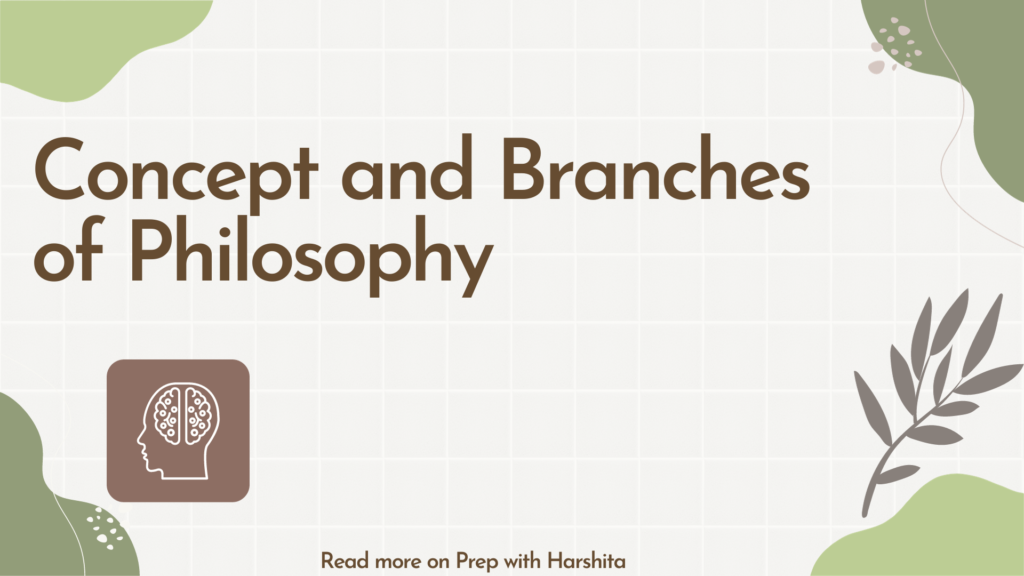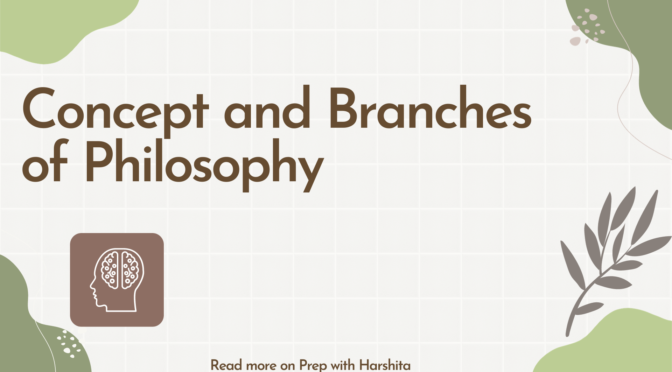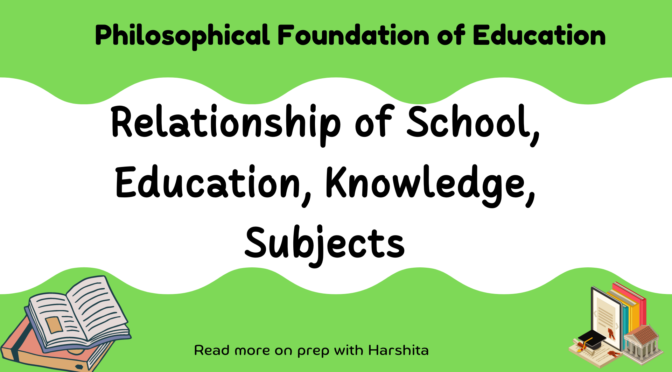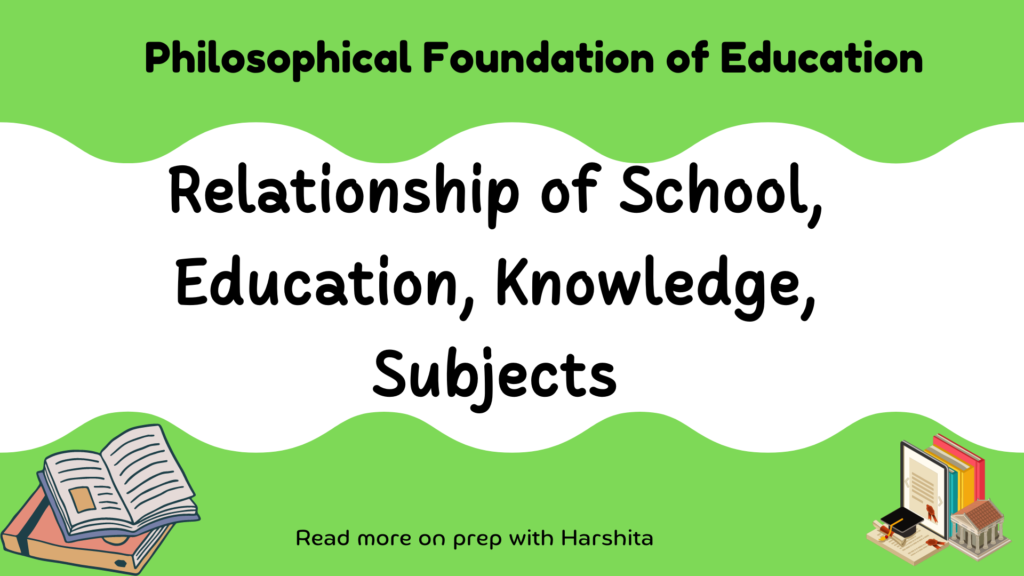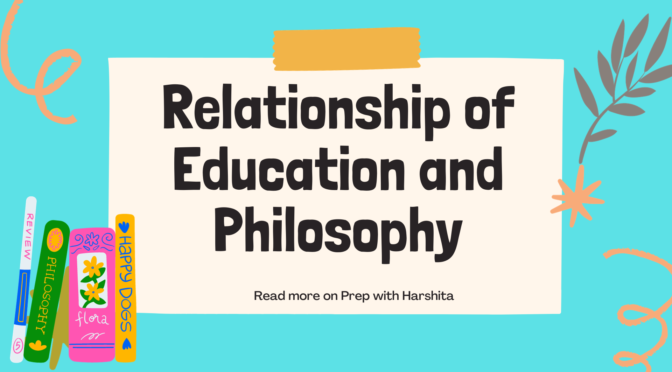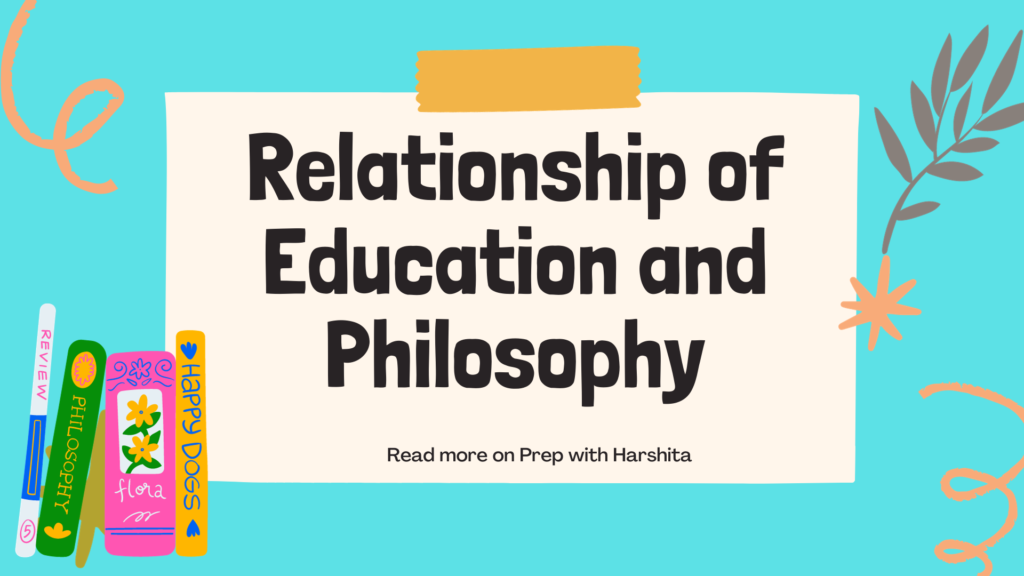Philosophy is a systematic inquiry into fundamental questions about reality, knowledge, values, reason, mind, and existence. It seeks to explore and understand the nature of existence, the universe, and human experience through critical and reflective thinking.
Philosophy often involves the examination of fundamental assumptions underlying various disciplines and the clarification of concepts and principles.
Meaning of Philosophy:
The term “philosophy” is derived from the Greek words “philos,” meaning love, and “sophia,” meaning wisdom. Thus, philosophy can be understood as the love of wisdom. It involves a disciplined and rational inquiry into the nature of reality and the principles governing human thought and conduct.
Philosophy encompasses a wide range of topics and methodologies, allowing for diverse approaches to understanding the world and the human experience.
Also Read: Relationship of Philosophy and Education
Branches of Philosophy:
Metaphysics: Examines the fundamental nature of reality, exploring concepts such as existence, time, space, causality, and the nature of being.
Epistemology: Investigates the nature and scope of knowledge, including how beliefs are justified, the nature of truth, and the relationship between belief and evidence.
Ethics: Concerned with questions of morality, values, and the principles that govern human behavior. It explores concepts such as right and wrong, virtue, and the nature of ethical decisions.
Logic: Studies the principles of valid reasoning and argumentation. It involves the analysis of language and the structure of sound reasoning.
Aesthetics: Focuses on questions related to art, beauty, and the nature of aesthetic experience. It explores the concepts of taste, creativity, and the philosophy of art.
Political Philosophy: Examines concepts such as justice, authority, liberty, and the nature of the state. It addresses questions related to governance, power, and the organization of society.
Philosophy of Science: Investigates the foundations, methods, and implications of the sciences. It addresses issues like the nature of scientific explanation, causation, and the demarcation of science from pseudoscience.
Also Visit: Prep with Harshita
